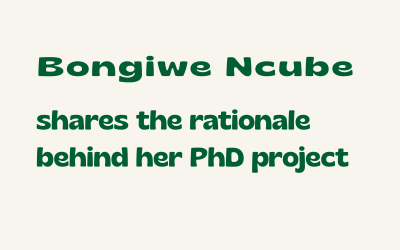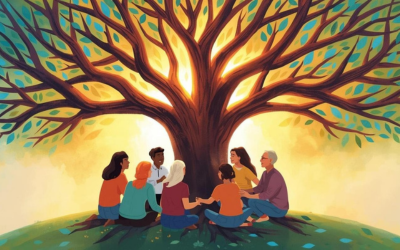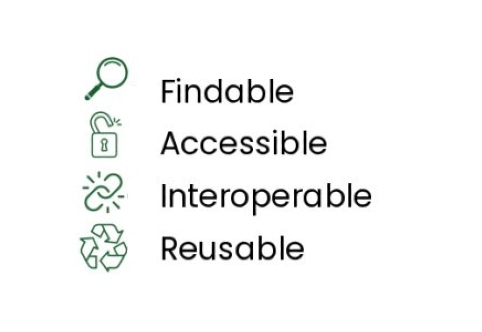 10 October marks World Mental Health Day. This year the focus was on mental health in the workplace.
10 October marks World Mental Health Day. This year the focus was on mental health in the workplace.
But, what about the mental health of the many people who are not employed? Likewise, what about the mental health of those who not in employment, education or training (i.e., NEET)?
Across Africa, at least 1 in 5 young people is NEET. In Nigeria and South Africa, where we are conducting the R-NEET study, the numbers are even higher: at least 1 in 3 young people is NEET.
These vast numbers of young people are “just sitting”, to use the African term for being NEET.
“Just sitting” is a serious threat to mental health. For example, many NEETs report symptoms of depression, like feeling sad or hopeless most of the time.
Still, a lot of NEETs show inspiring resilience. Even though they live continually hard lives, they are mentally healthy. They hope for a better future and feel good about themselves.
What makes it possible for NEETs to be mentally well? Answering this important question is at the heart of the R-NEET study
As a first step towards answering this question, we have been having conversations with our lived experience experts: the R-NEET youth advisors. The R-NEET youth advisors know all about the challenges of being NEET and what it takes to be mentally well despite “just sitting”.
They talk a lot about their personal grit AND they talk a lot about family, friends, opportunities to make a difference, and spaces and places to keep busy in good ways. In other words, they know that being resilient to depression is about strengths in young people AND supports around young people. May we pay attention to their insights as we work harder to make mental health possible for those who have workplaces, and for those who do not.








